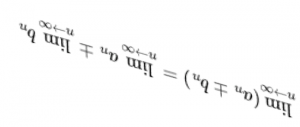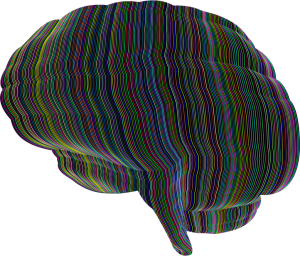Another day, another COVID-19 conspiracy theory making the rounds. First there was the Chinese bioweapons idea, then the 5G radiation theory that led to tower vandalism, and now the Plandemic video. Washington Post covers the latter while complaining that tech companies are incompetently ineffectual in stopping the spread of these mind viruses that accompany the biological ones. Meanwhile, a scientist who appears in the video is reviewed and debunked in AAAS Science based on materials she provided them. I’m still interested in these “sequences” in the Pacific Ocean. I’ve spent some time in there and may need to again.
The WaPo article ends with a suggestion that we all need to be more skeptical of dumb shit, though I’m guessing that that message will probably not reach the majority of believers or propagators of Plandemic-style conspiracy thinking. So it goes with all the other magical nonsense that percolates through our ordinary lives, confined as they are to only flights of fancy and hopeful aspirations for a better world.
Broadly, though, it does appear that susceptibility to conspiracy theories correlates with certain mental traits that linger at the edge of mental illnesses. Evita March and Jordan Springer got 230 mostly undergraduate students to answer online questionnaires that polled them on mental traits of schizotypy, Machiavellianism, trait narcissism, and trait psychopathy. They also evaluated their belief in odd/magical ideas. Their paper, Belief in conspiracy theories: The predictive role of schizotypy, Machiavellianism, and primary psychopathy, shows significant correlations with belief in conspiracies. Interestingly, they suggest that the urge to manipulate others in Machiavellianism and psychopathy may, in turn, lead to an innate fear of being manipulated oneself.
Mental illness and certain psychological traits have always been a bit of an evolutionary mystery.… Read the rest








